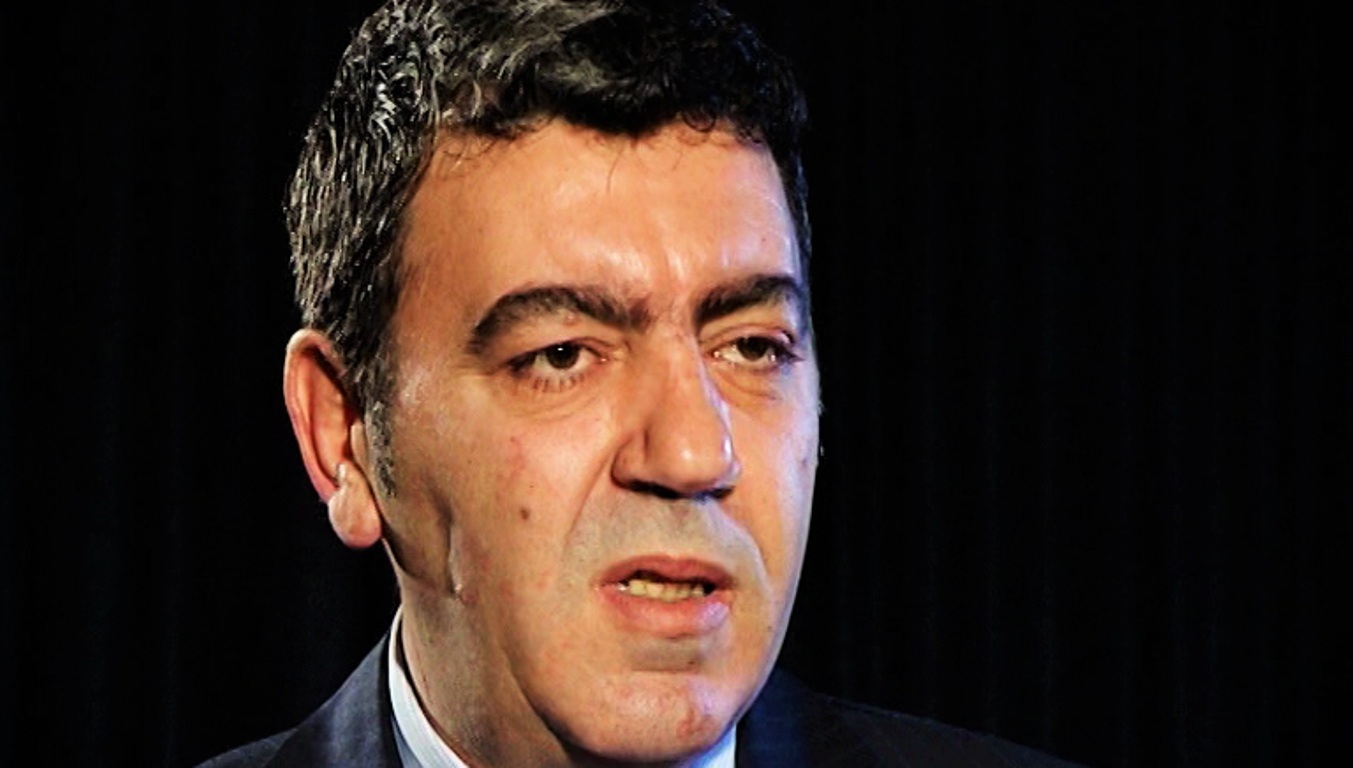
By Plator Nesturi
When Kemal Atatürk was at the peak of his power, the entire Turkish parliament had one color. All MPs were members of the party in power and there was no chance for any other variation. In fact, this was the way things had been since Atatürk had taken the reigns of Turkey in his own hands.
Thus, when he was at his zenith, perhaps because his European partners suggested him or out of his fondness for Europe, Atatürk decided to appoint the Opposition. For this, he summoned one of his old friends of arms, asking him and some other MPs to play the opposition role in Parliament. This is how Turkey became with an opposition. Criticism began and that part of MPs that continued to be part of the party in power, felt bewildered by the criticism and accusations that their friends were making. There was confusion, grudges, insults and even clashes and violence in Parliament. Everyone was angry, while Atatürk alone was the same, composed as ever. But as things between the sides became more and more heated, the accusations launched by the appointed “opposition” became much more serious and they related to corruption and incompetence among officials. Those who were appointed to act as opposition, had taken their role of criticizing the system very seriously.
Following this pandemonium and annoyed by the numerous requests that Atatürk had received from many of his supporters not to tolerate these ingrates, he decided that the opposition should no longer exist. The experiment ended. Critical voices were suppressed and Members of Parliament who thought they were opening a new page of democracy in Turkey, simply joined the ranks of the party that they came from. Nobody was happy…
These historical examples, where everyone is appointed, starting with the Leader of the country (although they may call him Father, Supreme Leader or whatever other name they give him in other corners of the world) and what’s more, when he appoints even the opposition, show that democracy is invisible. This is not a ceremony of a theater play where everyone plays the role given by the director. If the dynamic, clash of ideas, freedom to raise an issue or cause by the citizen are lacking and when the citizen is not the one to decide if he should believe or not in the application of this project with the power that the vote gives him, then we are no longer in a democracy. We can call it whatever we want, we can even call it a hybrid democracy. Nonetheless, it still remains far from being a democratic society.
Have we come to a point where besides other things that he should do, Prime Minister Rama must also appoint the opposition? In fact, in the state the DP is in, it’s hard to imagine it as a functional opposition, because while this party is in the process of electing its leader, we may notice that it has appointed the opposition that it is doing to itself. In a process where it’s hard to think that there will be a race, however interesting Selami’s ideas and declarations are, it’s difficult to imagine the 22 July elections within the Democratic Party will be fair and transparent. The opposite would be surprising, let alone to think that Basha would come out defeated. When Basha’s true opponents remained out of the game and when they made sure that Selami would be the only one who would remain in the race, seeing the race against him as an easy one, then it’s hard to think of an internal democracy. And when this is the case within an opposition, while you must show that you have received the message of the election defeat by building a new opposition and not a game of mirrors, it’s hard to think that there will be a picture of democratic dynamism in the next parliament. The opposition is not made by the numbers, but the ideas and its persistence. With this prognosis, there’s no other option but to let Rama appoint the opposition too.
Note: The views expressed in this article are the author's own and do not necessarily reflect Albanian Free Press’ editorial policy
